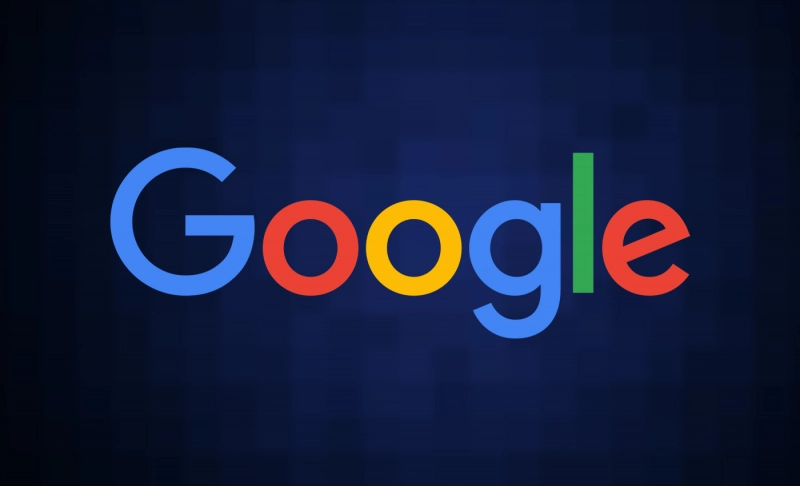By: Gayathri Loka
November 25 2022

Google is not hiding any facts; the disclaimer is a way to show that the information is evolving and is a method to combat misinformation.
Context
The term "died suddenly" is currently trending on Twitter and Facebook due to a recent documentary of the same name. "Died Suddenly" pushes an anti-vaccine narrative and makes multiple baseless claims about COVID-19 vaccination. Following this trend, a recent tweet claimed that Google suppressed search results for "died suddenly" to hide information about COVID-19 vaccines. However, on further investigation, we found the claim to be false.
In Fact
On November 21, 2022, "Died Suddenly" aired on the video platform Rumble. The documentary presented various misleading claims about COVID-19 vaccines being dangerous and resulting in many deaths. Dr. Angela Rasmussen, a virologist from the University of Saskatchewan in Canada, tweeted on November 22 that the movie is anti-vaccine propaganda. "A couple hours of grifters telling lies so you'll give them money. Even half of the people who supposedly 'died suddenly' didn't die!" she tweeted. The documentary was viewed more than 4 million times on Rumble and at least 1.5 million times on Twitter, BBC reported.
As of November 23, when searching for "died suddenly documentary," a Google disclaimer may appear, as seen in the post. The disclaimer reads, "It looks like the results below are changing quickly." The message also advises the user to come back later or to check the source. According to Google Help Center, this message appears when "there's a lot of info online, and it can be difficult to evaluate what you find." Google also lists tips to learn about the content, evaluate the source, and learn more about the topic. It is a way for Google to help combat misinformation and find trustworthy sources. It must be noted that the message does not always appear - since trending topics and the information regarding them evolves, the search results might change. There is no evidence that Google suppressed the search related to this term.
In response to various keyword searches like "died suddenly," "died suddenly movie," and "died suddenly documentary," Google displayed various results, which included YouTube links to the movie, media reports about the documentary, and links to medical pages about sudden deaths. According to Google Trends, the term peaked from November 20 to 26, 2022, and countries like Ireland, Canada, and the U.K. were most interested in this topic. The documentary's anti-vaccine narrative claims that many people died by sudden cardiac arrest, myocarditis, and blood clots due to the COVID-19 vaccines; these terms were also among related topics searched by people.
Anti-vaccine narratives have surged since the COVID-19 pandemic. Many credible medical and media organizations have debunked claims related to this narrative. In June 2022, there were many claims that COVID-19 vaccines caused Sudden Adult Deaths (SADs). There is no evidence such a phenomenon is linked to COVID-19 vaccines.
The Verdict
"Died Suddenly" is a documentary that pushes an anti-vaccine narrative stating that many people have died due to side effects from the COVID-19 vaccination. There is no evidence that Google has suppressed or hidden search functionality or results regarding the documentary or other COVID-19 vaccine information. Therefore, we have marked this claim as false.